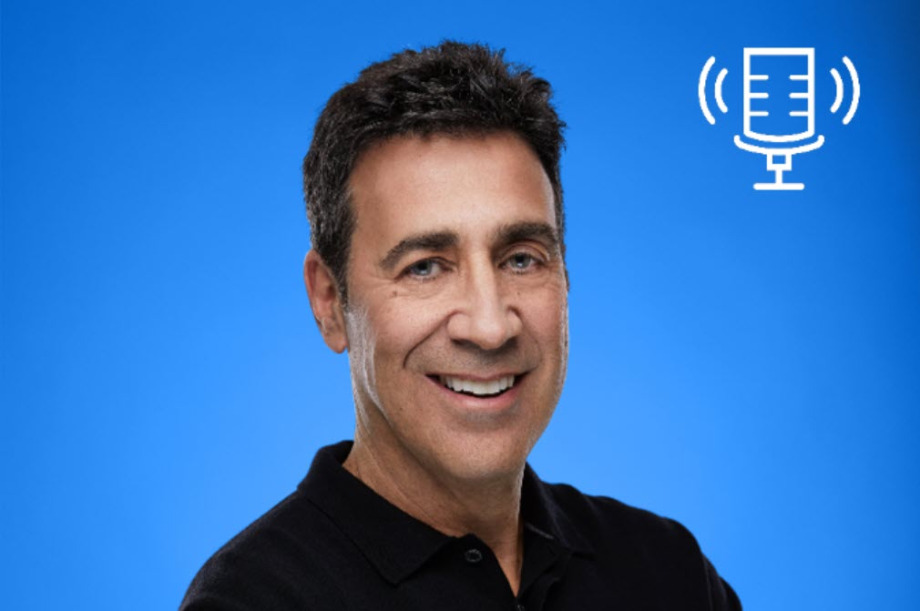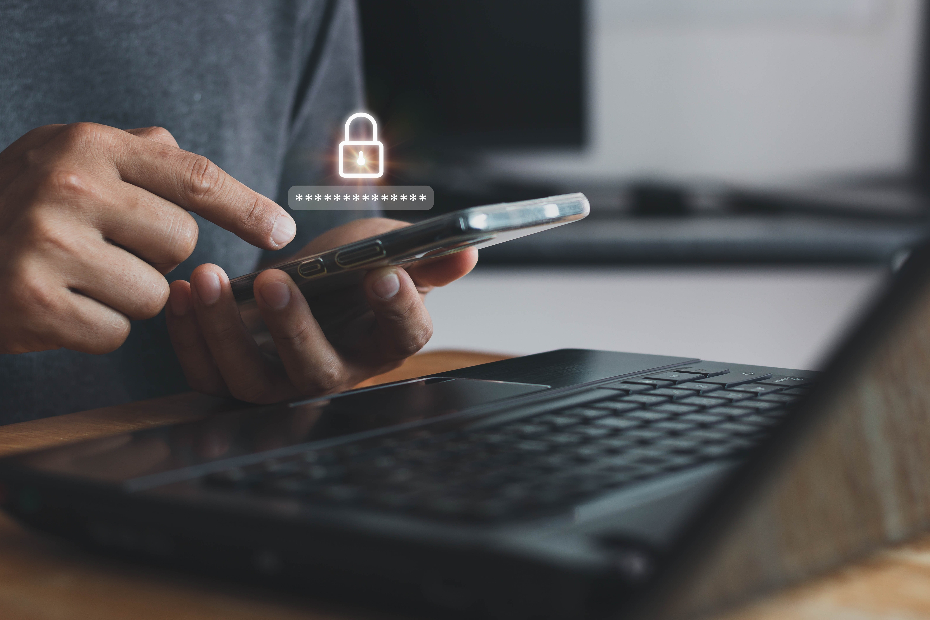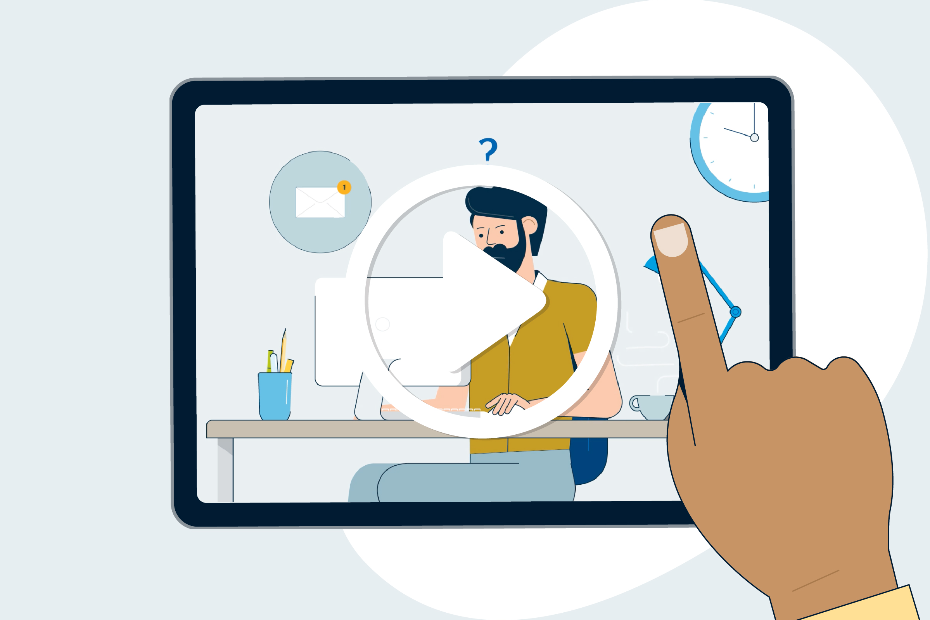The COVID-19 pandemic has created a lot of change, and for many of us school and work is completely virtual. We’ve traded our commutes for the kitchen table and might have even traded in a blazer for some athleisure.Whether you have work experience or are just starting your career, this new normal calls for changing routines and adjusting to challenges that come with working from home. Many RBC summer students completed their internships this summer completely remote. In the other installments of this series we chatted with a few of our summer students to get their perspective on working from home, and how to separate work and life when they’re both happening in the same place. In this installment, we sat down with Matthew, a Banking Advisor Intern in Toronto, to learn about his experiences starting a job and the new precautions that are taken for roles in a brick and mortar office during the pandemic.
Name: Matthew
Title: Banking Advisor Intern
Started: May 2020
Q: Describe your role at RBC.
Last term I was a Client Advisor Intern and [this work term] started as a Banking Advisor Intern. A Client Advisor is a hybrid role where you do traditional teller tasks, like cash handling and cash management, while also providing advice to your clients. As a Banking Advisor I spend about 20% of my day doing teller-type tasks and the other 80% assisting clients with their credit and investing needs.
Q: Being in a client-facing role, how has your work changed?
Being client-facing, there was a learning curve getting used to all of the COVID-19 protocols. The doors are kept locked and when a client arrives we greet them and get more information on why they’re here. If the service is available virtually, we’ll direct them to the ATM or online . If we’re assisting them in-person there is plenty of hand sanitizer and masks available at the branch.
What I did appreciate was the push by RBC to do as much digitally as possible for our safety and for our clients’ safety. We had to innovate pretty quickly and figure out a way for new clients to open accounts without having them come physically to a branch. That had never been done before — you can start the account opening process online but [often] have to go into a branch to finish it. RBC [has circulated] new technology that we’re using at the branch-level to be able to do these appointments virtually, like a remote ID tool to verify a client’s ID. We also have MyAdvisor now, which is a client management platform that the client has access to. It’s a way for us to collaborate online and help them plan for their financial goals.
Q: With social distancing rules, did you find it difficult to build relationships with your clients?
For appointments, I try to do as many of them by video or phone as possible, but the majority of them are still face-to-face. Our online communication is very secure but it depends on the client’s comfort with virtual appointments and some people just prefer in-person interactions.
Q: How did you build connections with your colleagues?
When I started, most of the connection building happened through working with my branch colleagues on a daily basis. Within the RBC [intern] program there were students who wanted to meet other students in different departments and that all was done virtually. I connected with a lot of them through [the] Ten Thousand Coffees [program]. I was matched with someone new every other week for the whole summer and it was a great chance to meet other students. I also did some in-person coffee chats by sending emails to other RBC employees that I wanted to meet up with. Everyone was so willing to talk and teach, and I didn’t get a single no!
Q: What advice do you have for other young Canadians looking for work?
Embrace digital and network. Reach out to people you might not have the confidence to reach out to. Many people are still working from home and have more time than they did before. People are more willing than ever to hop on a video call for even 15-30 minutes to talk and meet new people.
This article is intended as general information only and is not to be relied upon as constituting legal, financial or other professional advice. A professional advisor should be consulted regarding your specific situation. Information presented is believed to be factual and up-to-date but we do not guarantee its accuracy and it should not be regarded as a complete analysis of the subjects discussed. All expressions of opinion reflect the judgment of the authors as of the date of publication and are subject to change. No endorsement of any third parties or their advice, opinions, information, products or services is expressly given or implied by Royal Bank of Canada or any of its affiliates.



















